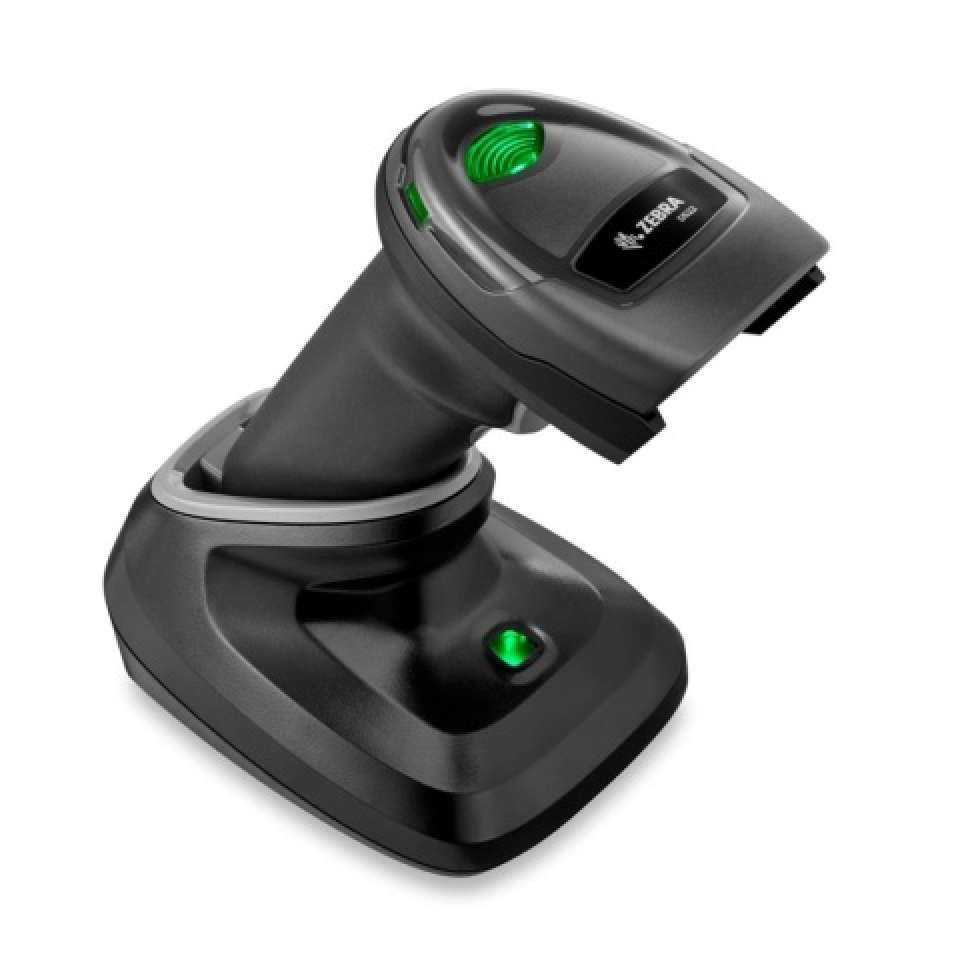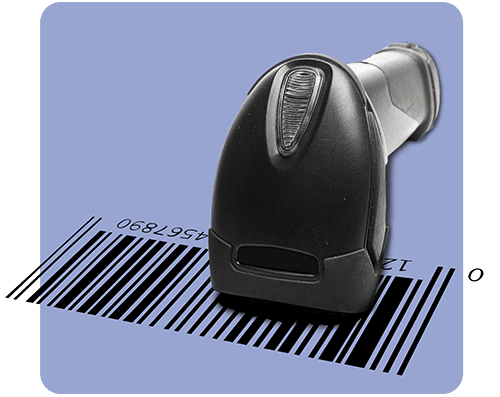Compact Barcodes Scanners for Fast Scanning
Compact Barcodes Scanners for Fast Scanning
Blog Article
Picking the Right Barcode Scanner for Your Organization Needs
Choosing the appropriate barcode scanner for your service calls for a nuanced understanding of your certain functional requirements and environmental problems. Aspects such as scanner type, rate, and compatibility with existing systems play an essential role in figuring out the appropriate selection.
Comprehending Barcode Scanner Types
When it comes to choosing a barcode scanner, understanding the numerous kinds offered is critical for conference details company requirements. Barcode scanners can be categorized into numerous kinds, each designed for various applications and settings.
Portable scanners are one of the most typical, using transportability and ease of usage, making them suitable for retail and inventory administration. They normally attach using USB or Bluetooth, giving versatility in operation. Fixed-mount scanners, on the other hand, are made for high-volume scanning applications, usually located in setting up lines or checkout counters. These scanners are installed in a stationary position, permitting rapid scanning of several items in sequence.
One more kind is the mobile computer, which incorporates scanning abilities with calculating power. These gadgets are suitable for area operations or warehouse administration, allowing data collection and real-time stock monitoring. Additionally, there are commercial scanners that are developed to hold up against extreme environments, such as extreme temperatures or direct exposure to dust and dampness.

Key Attributes to Consider
What vital functions should organizations focus on when choosing a barcode scanner? Most importantly, scanning speed is vital, as faster scanners improve operational efficiency, specifically in high-volume settings. The scanner's capability to read numerous barcode styles is also crucial; ensure it supports popular types like QR codes, UPC, and Code 128 to fit diverse stock products.
Sturdiness is one more essential feature, especially for organizations in rugged settings. Try to find models that are developed to stand up to declines, dirt, and dampness. Additionally, consider the connection options readily available; whether you like USB, Bluetooth, or Wi-Fi, the appropriate connectivity can improve combination with existing systems.

Examining Your Business Setting
To efficiently pick a barcode scanner, companies need to take stock of their certain operational atmosphere. This evaluation includes reviewing the physical layout of the work area, the nature of the products being checked, and the regular conditions under which scanning happens. A retail environment might call for portable scanners that can promptly process transactions at the checkout, while a storehouse setup may profit from ruggedized scanners designed to endure harsher problems.
Additionally, consider the volume of scanning needed. High-throughput atmospheres might require advanced scanning innovations, such as fixed-position scanners or smart phones that can operate efficiently in busy scenarios. The assimilation capacities with existing stock monitoring systems also play a crucial duty; make certain the chosen scanner can seamlessly link with software program platforms in operation.
A scanner that meets existing needs might not suffice as service expands. By completely analyzing these elements, organizations can choose a barcode scanner that not only meets prompt requirements but additionally supports long-lasting functional efficiency and site web versatility. barcodes scanners.
Budgeting for Your Scanner
Having analyzed the functional setting and determined the specific requirements for a barcode scanner, the following step includes mindful budgeting to guarantee a smart economic investment. Establishing a budget starts with determining the general expenses related to the scanner, including preliminary purchase rate, functional costs, and prospective maintenance charges.
When selecting a barcode scanner, take into consideration the range of offered options, from handheld tools to fixed-position scanners, as costs can vary significantly. It is essential to balance expense with capability; deciding for a much more economical model may result in increased functional inadequacies if it does not meet your service needs.
In enhancement to the equipment, factor in expenses associated with software, training, and possible upgrades. While it could be appealing to reduce upfront expenditure, purchasing a high quality scanner that aligns with your operational requirements can generate lasting cost savings via improved performance and minimized downtime.
Lastly, consider the complete expense of possession, which incorporates the scanner's lifespan and potential resale value. By thoroughly planning your spending plan, you can make certain that your investment in a barcode scanner will improve your functional productivity and monetary efficiency.
Integration With Existing Equipment
Incorporating a barcode scanner with your existing systems is crucial for maximizing its efficiency and making sure smooth operations. barcodes scanners. A well-integrated scanner boosts process effectiveness, minimizes errors, and speeds up information handling. When selecting a barcode scanner, consider compatibility with your current software program and hardware go to my blog facilities, including your inventory management systems, point-of-sale (POS) systems, and business resource preparation (ERP) remedies
Review whether the scanner utilizes basic procedures such as USB, Bluetooth, or Wi-Fi, which can help with very easy combination. Additionally, assess whether the scanner's software supplies APIs or SDKs that permit for customization and combination with exclusive systems. This is specifically vital for organizations with unique functional requirements.
As your company expands, your systems ought to be able to accommodate see this extra scanners and deal with raised information quantities without considerable reconfiguration. Eventually, spending in a barcode scanner that effortlessly incorporates with your existing systems will certainly yield long-lasting benefits, boosting accuracy, efficiency, and overall efficiency within your procedures.

Final Thought
In conclusion, choosing an appropriate barcode scanner demands an extensive examination of various factors, consisting of scanner types, necessary attributes, and the details service setting. The ideal barcode scanner serves as an essential tool in streamlining processes and facilitating effective stock monitoring.
Report this page